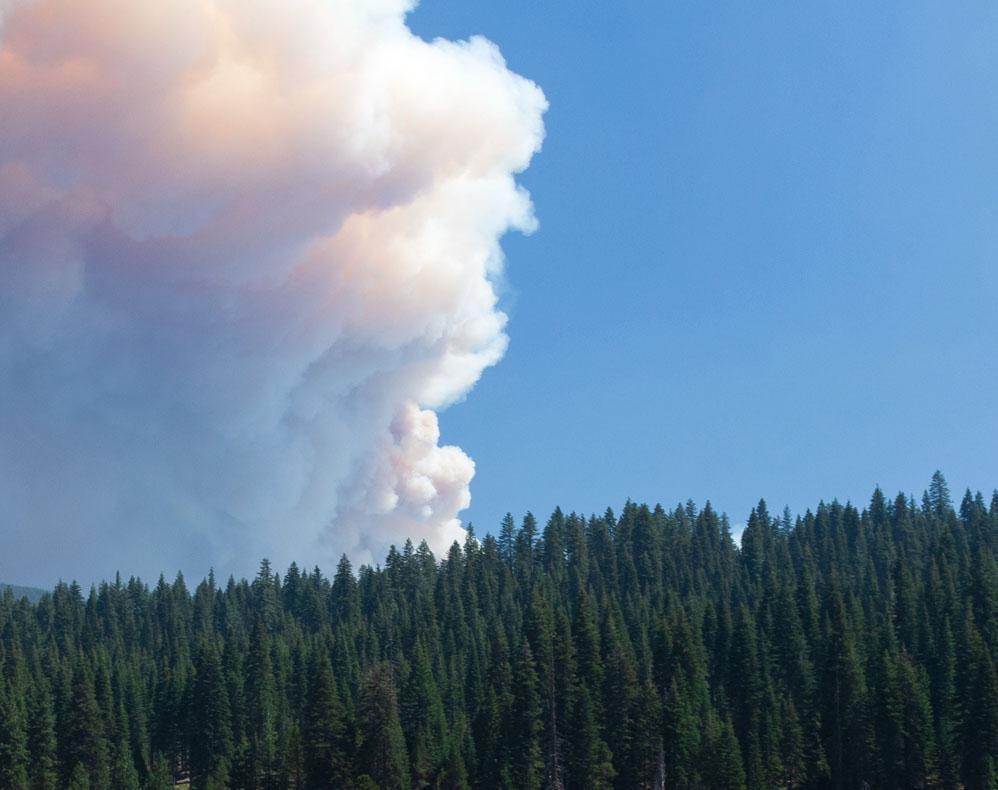Over the past few months, all eyes have been on COP26 in Glasgow, where world leaders were gathered for the U.N.’s annual climate summit. With the need for decisive climate action more urgent than ever, COP26 had the opportunity to build on the promise of the Paris Agreement and produce a bold climate plan to dramatically reduce emissions, keep 1.5 degrees of warming within reach, and support vulnerable communities and countries hit hardest by climate change.
So, did COP26 deliver? Well, the glass half full assessment might be that while COP26 fell short of its full potential, especially in establishing decisive targets for ending fossil fuel production, there were still some encouraging climate actions taken.
- Cut methane emissions 30% by the end of this decade. [1]
- End deforestation by 2030.
- Deliver $100 billion/year for five years to countries vulnerable to climate change.
- Establish new rules to hold countries accountable for climate progress—or lack of it.
Perhaps the biggest takeaway from COP26 is what we’ve known for some time. Wealthy nations like the U.S., Japan, and China, who are most responsible for the climate crisis [2], need to do more. COP26 also underscored the need for world leaders, starting with President Biden, to stand with people, not fossil fuel companies, and to use their power to stop new fossil fuel infrastructure. No matter what agreements any given COP can produce, if we’re still extracting dirty fossil fuels from the ground, the planet will continue to warm. It’s as simple as that.
At this moment, President Biden, who campaigned to be the “Climate President,” has the power to stop 24 different fossil fuel projects that would collectively release 1.6 billion metric tons of greenhouse gasses every year. [3]
- Enbridge’s Line 5 pipeline pumps 23 million gallons of oil every day through the Straits of Mackinac between Lakes Michigan and Huron. Constructed in 1953, Line 5 is not only aging, it has spilled 33 times since 1968, releasing 1.1 million gallons of oil into the Great Lakes. [4] The Mackinac Straights are home to fisheries, provide drinking water to thousands, and support a thriving tourist economy. Line 5 also threatens lands, water, and habitats central to Indigenous communities in the region. [5] As University of Michigan research scientist Dave Schwab says, “I can’t imagine another place in the Great Lakes where it’d be more devastating to have an oil spill." [6]
- The Mountain Valley Pipeline is a 303-mile-long natural gas conduit running from West Virginia to Virginia. The nearly completed pipeline crosses almost 1,000 bodies of water, impacts over 100 residencies within 50 feet of the pipe’s path, threatens fertile farmland and soil, and would create permanent environmental impacts on over 800 acres of forest. [7]
- Liquified Natural Gas (LNG) terminals, such as Texas’s Port Arthur Terminal, raise a range of environmental concerns. [8] The liquification process contributes to greenhouse gas emissions, and often comes from fracking, which poses severe risks to fresh water supplies. LNG terminals are also often built in low-income or communities of color, furthering a deeply unjust system where those least responsible for the climate crisis experience its harshest effects.
- Finally, the recently completed Line 3 oil pipeline now brings nearly a million barrels of oil a day from Alberta, Canada to Minnesota and Wisconsin. The pipeline’s path cuts through vulnerable wild rice beds, hundreds of freshwater bodies, and right through the heart of vulnerable Indigenous communities. Construction of Line 3 violated long-standing treaties with the local tribes and trampled on Indigenous rights and tribal sovereignty along the way.
The latest climate science paints a sobering picture about what it will take to slow global warming, avoid climate catastrophe, and protect the health of this and future generations. That’s why our leaders must step up right now and put an end to these and other fossil fuel projects
Click the button BELOW to send a message directly to President Biden saying you support keeping fossil fuels in the ground and stopping projects like the Line 3 pipeline.
Let’s stand united on behalf of this and the next seven generations to come.
[1] https://www.nytimes.com/2021/11/13/climate/cop26-climate-summit-takeaways.html
[2] https://www.bbc.com/future/article/20200618-climate-change-who-is-to-blame-and-why-does-it-matter
[3] https://grist.org/politics/report-biden-has-the-power-to-prevent-1-6-billion-metric-tons-of-emissions-annually/
[4] https://www.oilandwaterdontmix.org/problem
[5] https://www.narf.org/bay-mills-line5-pipeline/
[6] https://www.oilandwaterdontmix.org/new_documentary_exposes_enbridge_line_5
[7] https://www.oilandwaterdontmix.org/new_documentary_exposes_enbridge_line_5
[8] https://www.eenews.net/articles/how-fercs-environmental-justice-push-might-backfire/


